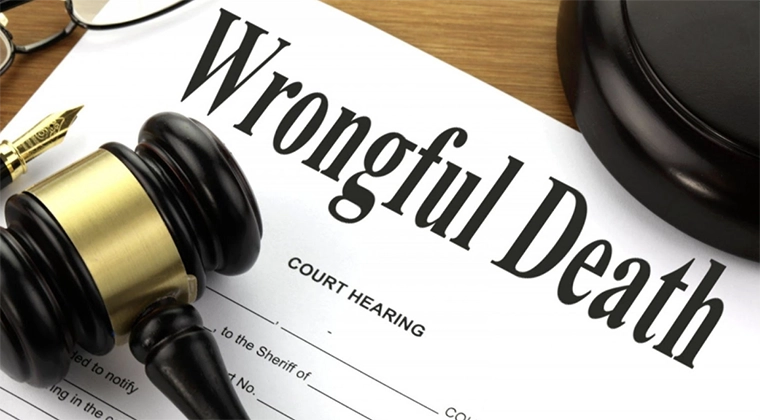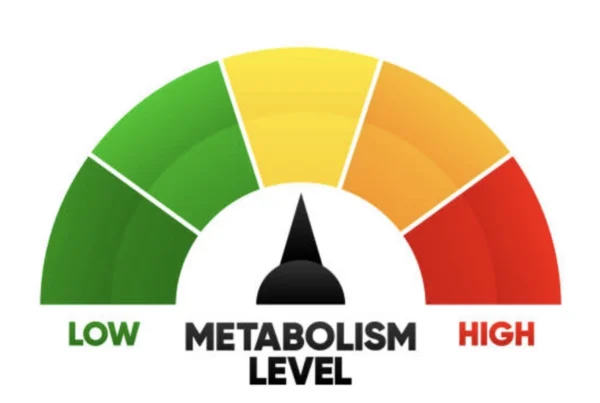Losing your loved one in negligence cases can lead to a lengthy grieving period and healing process.
Wrongful death cases can be challenging, especially when trying to prove a defendant’s negligence. You can consult a wrongful death attorney to help with the process, especially when grieving or making funeral arrangements for the deceased.
Hiring an experienced attorney is important because they can navigate the complex legal system, gather necessary evidence, and build a strong case on your behalf. Unlike insurance companies, which often aim to minimize payouts and protect their own interests, a wrongful death lawyer is dedicated to securing the maximum compensation you deserve. Attorneys offer personalized support and advocacy, ensuring your rights are protected and your case is handled with the utmost care and attention. Trusting a lawyer over an insurance company can significantly increase your chances of a favorable outcome, providing both justice for your loved one and financial stability for your family.
In this article, we’ll review ways you can improve your mental health if you have lost a loved one. Continue reading for more information.
How to Know You Have a Mental Health Problem
It can be confusing when grieving, thus not realizing you are suffering from conditions like depression. So, how do you know you have a problem?
- If you blame yourself for the subject’s death.
- If you wish, you die with the deceased.
- If you’ve lost your purpose for an extended period.
- When you can’t effectively perform your regular chores.
These are some of the things to look out for if you’re trying to get a mental health self-diagnosis.
Improving Mental Health After a Wrongful Death Incident
Here are ways to improve your mental state if you’re grieving the death of a loved one:
Physical Self-Care
A healthy physical state can influence great mental strength and resilience. Working out is the best example of transforming your body and, eventually, your mindset. Additionally, exercising is a positive way of preoccupying yourself during grieving.
Several activities, such as bicycle riding, hiking, and swimming, qualify as physical self-care. Remember to consult a professional when looking for the best exercise routines, especially if you want to try strenuous activities.
Therapy
Going to counseling sessions is essential when you can’t let go of the wrongful death victim. Open up and be honest and transparent with your therapist about your relationship with the deceased and all the feelings you’re battling.
However, the best therapy services can be expensive. Getting a credible lawyer can get you connections to reliable and affordable professionals. Moreover, they can negotiate the coverage of such expenses during the litigation process.
Get Proper Sleep
Appropriate sleep (7 to 8 hours) can significantly improve mental health. However, it is challenging to get quality sleep when grieving. Consider consulting a medical practitioner to get sleeping medication.
Try New Communities and Skills
Venturing into new hobbies and meeting new people can be the spark you’re looking for. You’ll get occupied with newer experiences.
Some skills to try include:
- Cooking or baking
- Joining a seminar or a book club
- Trying minor sports leagues
New people can be good listeners if you feel like venting. However, do not trauma-dump on a stranger; remember to enquire if they’re okay to listen first.
Reconnecting With Other Friends/Family
Reaching out to people close to you is a good solution; they may appreciate the opportunity to be there for you. Having them around can give you comfort and strength during tough times.
However, have an open mind and be ready to understand when they can’t get what you’re going through. Also, expect different advice from everyone, as we have unique ways of dealing with grief.
Making Peace of the Person’s Absence
A constant reminder that your friend, lover, or relative is no longer with you may disturb your mental health. Various activities can help you relive and release the incredible memories you share. This will help you make peace with a person’s absence. Such activities include:
- Doing the deceased’s favorite activity one last time
- Holding a celebrations of life memorial event and talking about them with others
- Donating the victim’s assets and equipment
- Doing things you were supposed to do together
Conclusion
These are just some of the tips to improve your mental health after wrongfully losing a close person. Adhering to the provided tips can help mitigate issues like depression and social anxiety.
However, be easy on yourself, as we all have different ways of grieving. Also, consider other people’s feelings when approaching them for help. Perhaps therapy is the best option if you don’t have close friends or family members.







